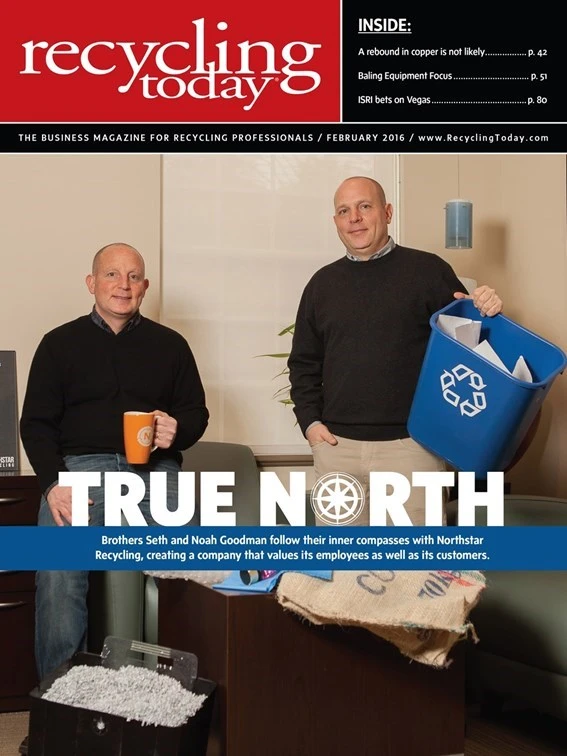I recently read an article titled “New Emphasis on Recycling ‘Right’ Has Some Folks Feeling Wronged” on the website DNAInfo, www.dnainfo.com/chicago, that helps to illustrate the importance of recycling education and of alerting residents to available resources.

The article states how while walking down an alley in Chicago’s Bucktown neighborhood, DNAInfo’s writers encountered numerous recycling bins sporting bright orange labels indicating that the recyclables therein were contaminated with nonrecyclable material.
The labels began to appear early this year after the city’s Streets and Sanitation Department and its subcontracted haulers started enforcing the “bagless” rule, which specifies that recyclables must be placed loose in the blue bins rather than first being placed in plastic bags.
At least one resident, who the article quotes, was upset at having his recycling prowess called into question by the label, saying, “I find it hard to believe that virtually all of the bins on my street are in so-called violation because we’re all really bad at recycling. Whatever contraband it is that is in my bin and those of 80 to 90 percent of my neighbors is a mystery.”
“Recycle By City helps cities get the word out about their recycling programs, noting ‘local recycling information can be tricky to find.’”
The resident adds, “There are apparently new guidelines, but I’m not sure how they expect residents to know them without some sort of education.”
Chris Suave, director of recycling for Chicago’s Streets and Sanitation Department, tells DNAInfo that the department is still educating residents about the changes to the curbside recycling program, placing door hangers at residences. The bright orange stickers are the department’s way of reinforcing the message. They also alert haulers to bins that should be treated as trash, Sauve adds.
The city also has introduced www.recyclebycity.com/chicago to help inform residents of what they can and cannot recycle. (Apparently the word has not reached all Bucktown residents yet.) The Recycle By City model also is being used by the California cities of Los Angeles, Santa Monica and West Hollywood; the Texas cities of Houston and Austin; and Philadelphia.
Recycle By City helps cities get the word out about their recycling programs, noting “local recycling information can be tricky to find.”
A visit to the Chicago Streets and Sanitation Department’s website confirms this. It took me six clicks to get to a list of accepted recyclables.
The Chicago Recycle By City site features a “Residential Guide” that outlines the materials that are recyclable in the city. It also offers a “Curbside Quiz” to test users’ knowledge of the city’s program and “Recycling Tips and Links.” All are accessible from the home page with one click.
While www.recyclebycity.com/chicago offers valuable information on the city’s recycling program, it appears that, at least in the eyes of some residents, the city has not sufficiently communicated that this information is available.

Explore the February 2016 Issue
Check out more from this issue and find your next story to read.
Latest from Recycling Today
- Phoenix Technologies closes Ohio rPET facility
- EPA selects 2 governments in Pennsylvania to receive recycling, waste grants
- NWRA Florida Chapter announces 2025 Legislative Champion Awards
- Goldman Sachs Research: Copper prices to decline in 2026
- Tomra opens London RVM showroom
- Ball Corp. makes European investment
- Harbor Logistics adds business development executive
- Emerald Packaging replaces more than 1M pounds of virgin plastic





